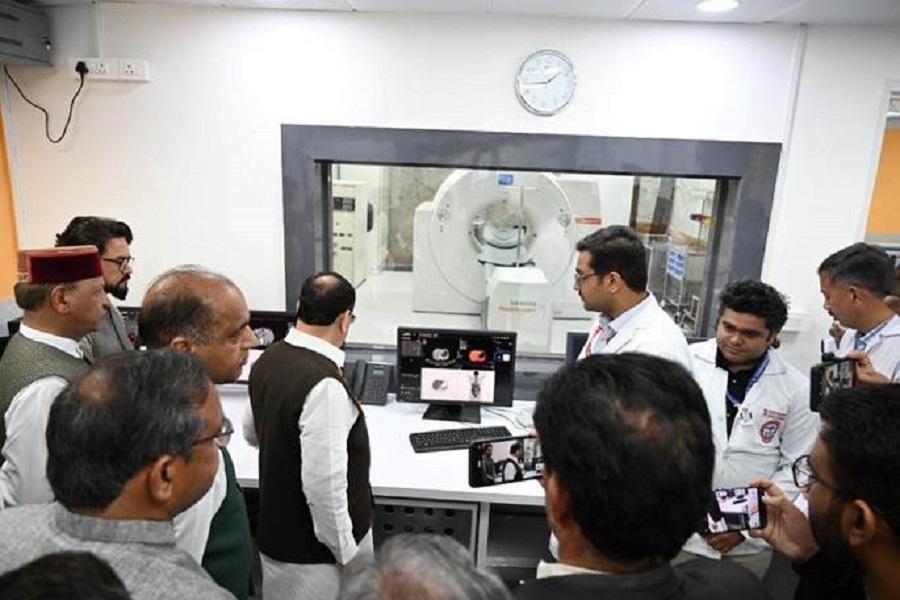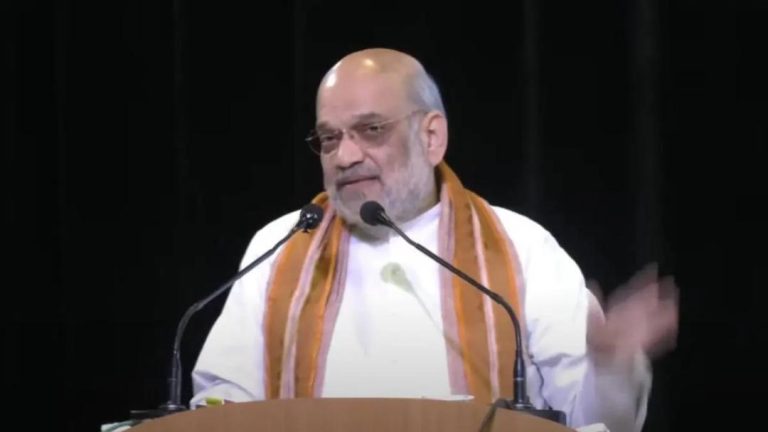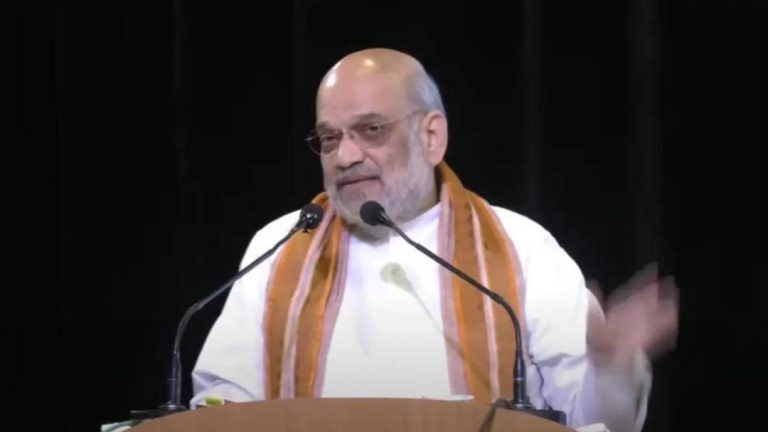
Govt Committed to Strengthening Healthcare: JP Nadda
The Indian government has been making significant strides in fortifying the country’s healthcare infrastructure, with a focus on improving access to quality healthcare services for all citizens. This commitment was re-emphasized by Union Minister of Health and Family Welfare Jagat Prakash Nadda, who recently reviewed the progress and evaluated the implementation of important healthcare initiatives at the All-India Institute of Medical Sciences (AIIMS) Bilaspur, Himachal Pradesh.
The minister’s visit to AIIMS Bilaspur was aimed at assessing the progress made in the development of healthcare facilities and services in the region. During his visit, Nadda interacted with healthcare professionals, patients, and other stakeholders to gain insights into the challenges and opportunities facing the healthcare sector in the region.
Speaking to the media, Nadda emphasized the government’s commitment to strengthening the healthcare infrastructure in the country. He highlighted the importance of investing in healthcare as a key driver of economic growth and development, and as a means of improving the overall well-being of citizens.
“We are committed to continuing to fortify the healthcare infrastructure in the country,” Nadda said. “We recognize the importance of healthcare in promoting the well-being of our citizens, and we are working tirelessly to improve access to quality healthcare services for all.”
The minister’s comments come at a time when the Indian healthcare sector is facing significant challenges, including a shortage of healthcare professionals, inadequate infrastructure, and limited access to quality healthcare services, particularly in rural and underserved areas.
Despite these challenges, the government has been making significant strides in improving the healthcare infrastructure, with a focus on increasing access to quality healthcare services for all citizens. This includes initiatives such as the National Health Mission, which aims to improve access to healthcare services, particularly in rural areas, and the Ayushman Bharat scheme, which aims to provide financial protection to vulnerable populations.
The government has also been investing in the development of new healthcare facilities and services, including the establishment of new AIIMS hospitals and the expansion of existing ones. For example, the AIIMS Bilaspur, where Nadda reviewed the progress, is a state-of-the-art hospital that offers a range of specialized services, including cardiology, neurology, and oncology.
The hospital is equipped with modern facilities and equipment, including MRI and CT scanners, and has a team of experienced healthcare professionals who provide high-quality care to patients. The hospital is also committed to providing affordable healthcare services to patients from all walks of life, and has a number of initiatives in place to reduce healthcare costs and improve access to care.
In addition to the development of new healthcare facilities and services, the government has also been working to improve the quality of healthcare services in the country. This includes initiatives such as the National Accreditation Board for Hospitals and Healthcare Providers, which aims to improve the quality of healthcare services by accrediting hospitals and healthcare providers that meet certain standards.
The government has also been investing in the development of healthcare technology, including electronic health records and telemedicine, to improve access to healthcare services and reduce healthcare costs. For example, the government has launched the “Health and Wellness Centres” initiative, which aims to provide primary healthcare services to patients through a network of community health centers.
The initiative includes the establishment of new health centers and the upgrading of existing ones, as well as the provision of training and equipment to healthcare professionals. The initiative is aimed at improving access to primary healthcare services, particularly in rural and underserved areas, and at reducing healthcare costs by providing preventive care and early treatment.
In conclusion, the government’s commitment to strengthening the healthcare infrastructure in the country is a welcome development, particularly in the context of the significant challenges facing the healthcare sector. The initiatives being implemented by the government, including the development of new healthcare facilities and services, the improvement of healthcare quality, and the investment in healthcare technology, are aimed at improving access to quality healthcare services for all citizens.
As the government continues to work towards its goal of providing affordable and accessible healthcare services to all citizens, it is important that all stakeholders, including healthcare professionals, patients, and policymakers, work together to support this effort. This includes providing feedback and input on the government’s initiatives, as well as advocating for policies and programs that promote the well-being of citizens.






